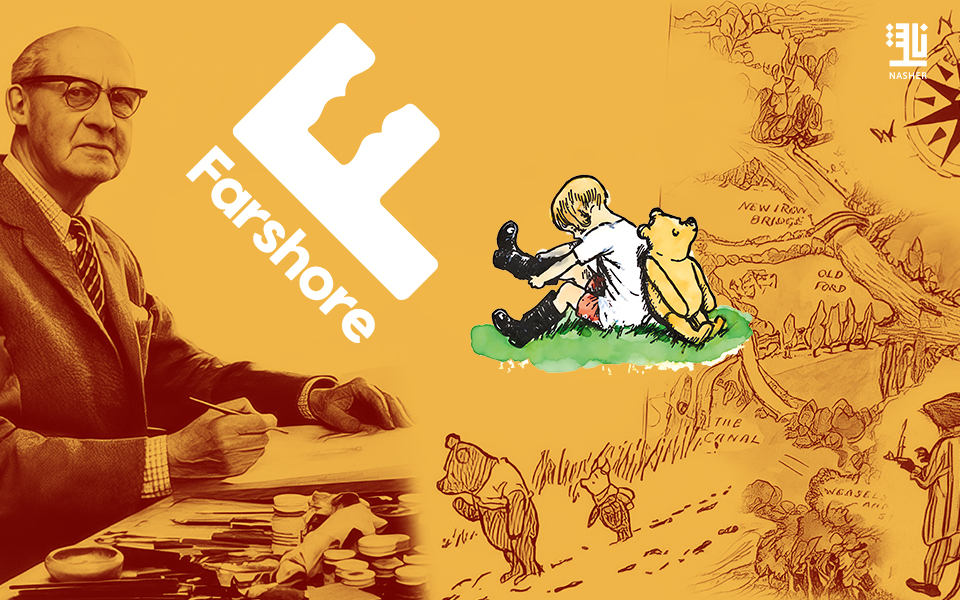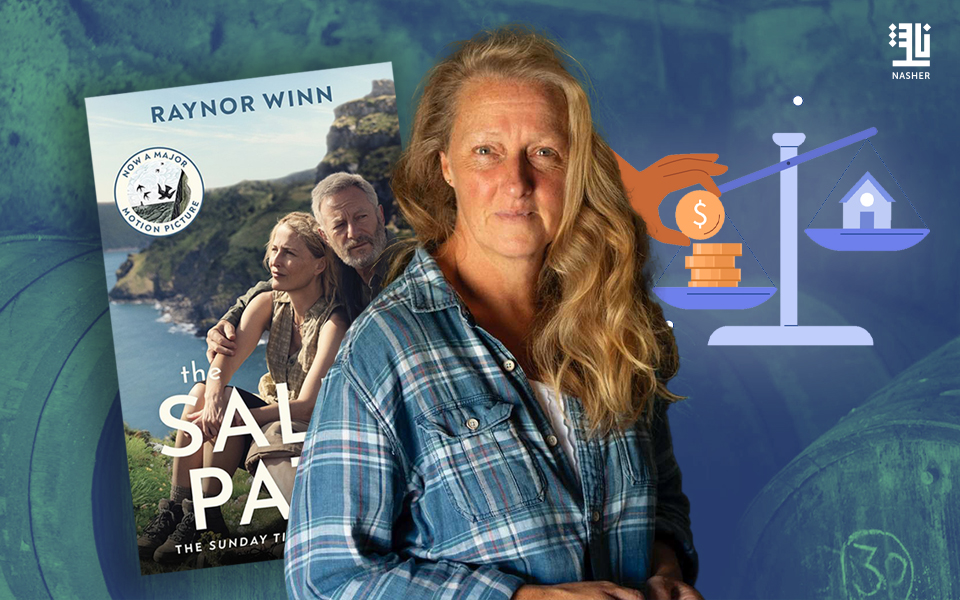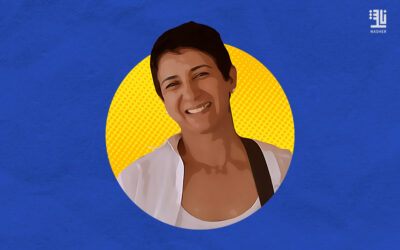Rania Al Moallem, Commissioning Editor of Dar Al Saqi, speaks to Nasher
“Publishing is a difficult task, but we are optimistic”
Our main concern is to act in the reader’s’ interest, respecting their minds and satisfying their literary tastes”
Established in Beirut in 1987, Dar Al Saqi has developed a reputation as one of the most renowned publishers in the Arab World. Since its inception as the sister company of Saqi Books, which was started in London 38 years ago, Dar Al Saqi has taken upon itself the task of promoting intellectual modernism. It aims to be at the forefront of the Arab cultural renaissance and has published hundreds of distinguished books relating to politics, thought, history, culture, science and literature, as well as titles for children and young people. A number of Dar Al Saqi’s publications have won awards at book fairs and international cultural festivals.
In an interview with Nasher, Rania Al Moallem, Commissioning Editor of Dar Al Saqi, explores some of the current challenges facing the Arab world’s publishing industry, in light of the adverse economic and political conditions being experienced by countries in the region. She talks about the efforts Dar Al Saqi makes to preserve the book, promote its spread and ensure that it reaches readers everywhere.
How do you assess the current Arab publishing market? Are you optimistic about the future?
The Arab publishing market is not in the best of health at the present time. The current political and security conditions being experienced in the region have severely impacted the industry, with some markets – such as Syria, Yemen and Iraq – being totally closed. A number of important shipping routes are also out of service, which causes a significant delay in the delivery of books to distributors. The harsh economic situation in some Arab countries has also resulted in a drastic decline in reader purchasing power. Combined with these factors is the problem of electronic and printed counterfeiting, which has been aggravated by the impossibility of securing prosecution. In some countries in the region, censorship has also been tightened under new governments. All of these elements combine to make it difficult for publishers to operate. However, I still feel optimistic about the future in light of the few available options that we do have. If I didn’t have hope it would be difficult to continue what we do.
Your publishing house is one of the first Arab, London-based publishing concerns. What is the significance of such a step? What about the British reader’s enthusiasm for your publications?
Mai Ghoussoub and her childhood companion Andre Gaspard founded Al Saqi Bookstore in London in 1979, which was the first Arab bookshop in the UK. In 1983, the two friends began to publish works in English. In 1987, they started to publish in Arabic, which encouraged the establishment of Dar Al Saqi in Beirut in 1991. The primary goal of this venture was to contribute actively to the renaissance of Arab culture, as well as to encourage inter-cultural dialogue. The London-based Saqi pays great attention to its selection of titles and despite fierce competition, has received several British awards, which encourages Western readers to keep track of its latest publications.
Al Saqi takes extra care of the book from text to printing and layout. Can you explain a little more about this commitment?
Over the years, Dar Al Saqi’s publications have been distinguished by their high quality, form and content. Our main concern has always been to act in the readers’ interest by respecting their minds and satisfying their literary tastes. Just as we give great attention to the subject, style and language of each book, we also take care over its final appearance, including its layout, font, type of paper used, cover design and size… etc. All such considerations are subject to the changes and developments experienced by the dynamic publishing industry.
You have recently established Saqi’s digital library. What are your forecasts for your e-books?
We decided to keep pace with progress in the field of e-books by establishing the ‘Saqi Digital Libaray’ (‘MSA’), which sells Saqi’s e-books. We are currently in the process of developing the application and will announce the launch of MSA at the appropriate time. We are aware that the e-book market is still yet to be properly established in the Arab world, where the printed book is still the much preferred format. However, we intend to be ahead of the curve on this and want to be fully prepared for the inevitable take-off of the e-book in the region, whenever this takes place.
Where are your active markets? Do your publications reach Arab communities abroad?
We achieve very good sales in all Arab countries, except for the aforementioned closed markets. We participate in literature fairs held in Arab countries and distribute our books in Australia, Britain, France, America, Brazil, Canada, Germany, Sweden, Switzerland, China and Turkey. We also retail our publications via the online bookshop, which helps us to reach readers everywhere.
Over recent years, we noticed a decline in your political and historical publications, while novel sales flourished. Why has this happened?
The number of our political and historical publications has not declined, but the number of our novel releases has increased against them because of higher demand. The reason why the output of our political and historical publications has remained static is perhaps because there is oversaturation of the current political crises experienced by the Arab world in other forms of media. I think that proper documentation and analysis of what is going on in the Arab world may come at a later stage, as the picture is still unclear at present amid such a dynamic and rapidly evolving landscape.
Dar Al Saqi hates censorship, but are there not fewer barriers than before?
I think that the opposite is true – it is censorship that hates us. The barriers are still in place, which is why we still face many disappointments in our work.
Your prices are considerably less than the rest of the major Arab publishing houses. What do you do to cut the price of your books?
We try to make books affordable for all our readers. However, our prices in Egypt, for example, are still high for the average reader’s purchasing power. This is sometimes difficult for us to reconcile, but we feel that we need to maintain a consistent quality of our books across all markets.
Some Arab countries are facing difficult conditions. What do you do to overcome such circumstances? How can you reach loyal readers?
As I have mentioned, we do our best to deliver books to all readers in spite of the difficult conditions currently being experienced and the markets that are closed. We are unable to participate in some book fairs because of the security situation, with our presence in Iraq, Sudan, Syria and Libya extremely restricted. We try to redress this situation by having an extensive catalogue online via our website. We also strive to expand our distribution network in Arab countries that are amenable to this, as well as internationally. In addition to this, until the launch of our MSA digital library, a number of our e-books are now available on other websites:
Ikitab: http://bit.ly/2bbFnR1
Abjjad: http://bit.ly/2bQuSzP
Jarrir: http://bit.ly/1cLU3AX
Lamsa: http://bit.ly/2bwdvkG







